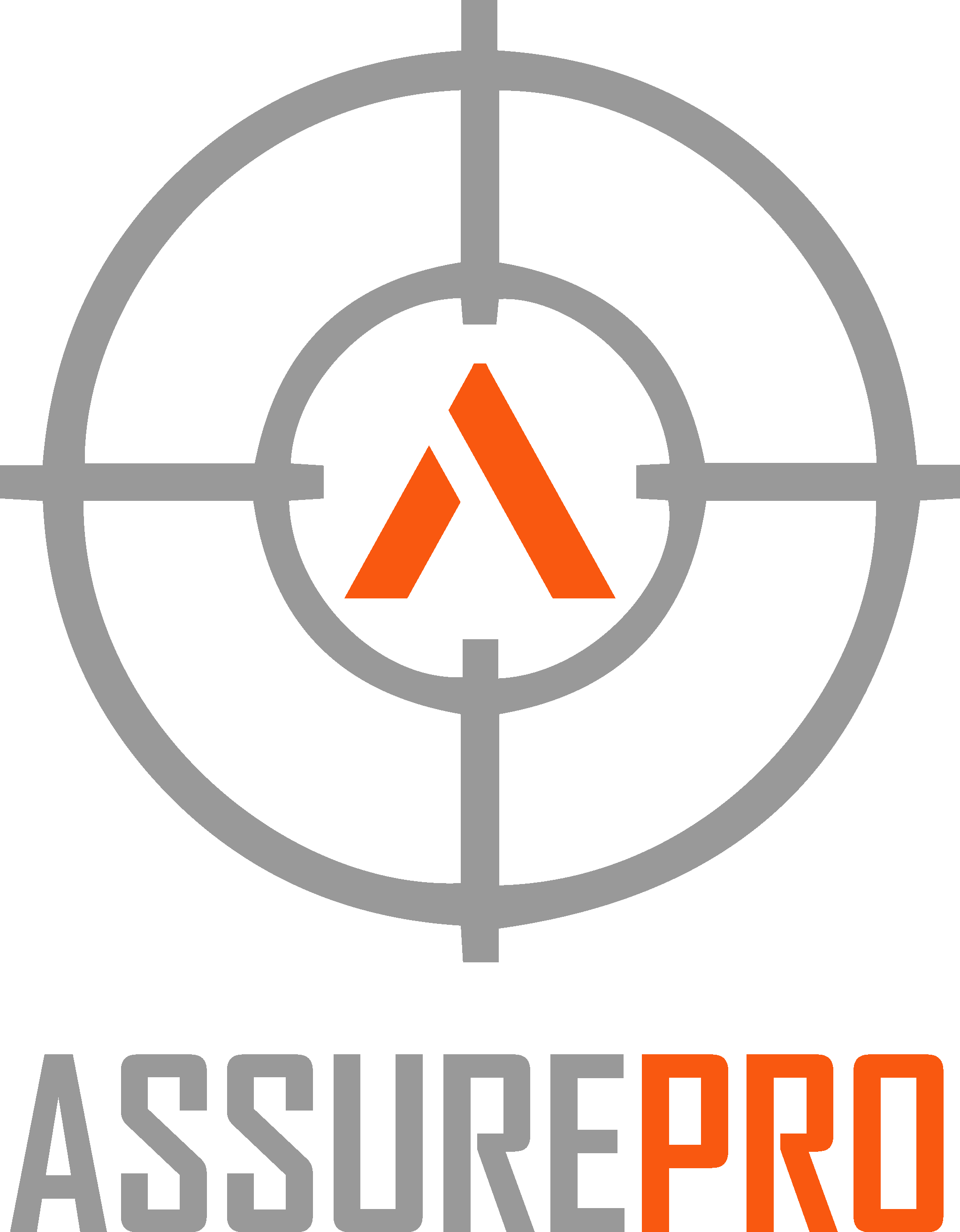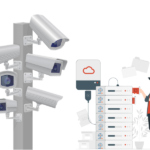In security operations, the phrase “Your team doesn’t do what you expect, they do what you inspect” underscores the critical need for hands-on supervision and engagement. Setting expectations alone is insufficient; security teams require continuous oversight, active involvement, and regular feedback to meet performance standards. Without structured accountability and supervision, even the most carefully designed strategies can fall short in real-world scenarios.
Engaging with security personnel through consistent communication and structured reporting tools is essential for achieving operational excellence. Guards cannot be expected to understand their roles fully or perform autonomously without clear guidance. Regular check-ins, patrol logs, incident reports, and feedback sessions provide clarity on expectations and reinforce the importance of their responsibilities. Moreover, real-time monitoring through electronic reporting systems, such as guard tour management software, helps supervisors track patrol activities and immediately address any performance gaps.
Active communication channels—such as briefing sessions, daily status reports, and performance reviews—help foster a collaborative environment where guards feel valued and connected to the broader security strategy. When supervisors engage meaningfully with their teams, they can identify challenges early, offer support, and promote best practices. This continuous dialogue ensures guards stay focused, motivated, and aligned with the organization’s goals.
Ultimately, effective supervision in security operations goes beyond inspecting tasks—it involves mentoring, real-time engagement, and leveraging technology to track performance. Through this proactive approach, supervisors can bridge the gap between expectations and performance, empowering guards to excel while ensuring a safe and secure environment.
The Core of Effective Guard Management
Successful security management is built on best practices that ensure accountability, efficiency, and high performance. These include ongoing training to keep guards updated with the latest security protocols, clear channels for reporting incidents and concerns, and measurable performance indicators to track guard activities. Security managers must create an environment where personnel feel supported and are expected to perform at their best, promoting both empowerment and responsibility.
Active Supervision: More than Task Delegation
Active supervision goes beyond assigning tasks. It requires continuous interaction with the team to monitor performance, provide feedback, and enforce standards. This approach ensures that security staff remain focused, alert, and accountable. Regular check-ins allow supervisors to identify performance gaps, resolve issues early, and take corrective actions as needed, ensuring guards remain engaged and committed to their responsibilities.
Guard Logs and Record-Keeping: Ensuring Accountability
Detailed record-keeping is a vital tool in the supervision process. Guard logs serve as both a historical record of activities and a performance evaluation tool. These logs should include patrol times, observations, incidents encountered, and actions taken. Regular review of these records allows managers to spot patterns, address areas for improvement, and acknowledge excellent performance, enhancing operational efficiency and accountability.
Inspections and Audits: Assessing and Reinforcing Standards
Inspections and audits are critical for maintaining high performance. These activities provide a reality check on whether security procedures are being followed. Scheduled inspections and surprise audits offer a complete picture of how guards perform under varying conditions. They not only detect non-compliance but also reinforce positive practices, helping supervisors fine-tune operations and maintain a strong security posture.
Communication and Feedback: Building Trust and Engagement
Effective supervision involves more than monitoring—it requires clear communication and constructive feedback. Open channels for communication foster trust, making guards comfortable in sharing concerns or reporting incidents. Regular feedback helps align expectations and encourages guards to improve continuously. A team that feels heard and supported is more motivated to take initiative and maintain high standards.
Leveraging Technology for Improved Security Operations
Integrating technology into security operations can significantly enhance efficiency. Automated systems such as guard tour management tools can track patrols in real-time, ensuring guards follow their schedules. Access control systems, surveillance cameras, and alarm management tools provide additional layers of oversight. Automation reduces the risk of human error, streamlines record-keeping, and enhances accountability across the security function.
Inspection Logs: The Backbone of Accountability
Inspection logs are essential for maintaining consistent standards. These logs document the outcomes of regular inspections and audits, providing actionable feedback for guards. They serve as both a performance tracking tool and an opportunity for mentorship, allowing supervisors to identify areas of excellence and address weaknesses promptly. Regular inspections help reinforce a culture of continuous improvement and accountability within the team.
In security management, success is achieved through a combination of active supervision, regular inspections, clear communication, and the strategic use of technology. The principle “Your team doesn’t do what you expect, they do what you inspect” serves as a reminder that consistent oversight is essential to maintaining high performance. By fostering accountability, embracing automation, and promoting continuous development, security supervisors can lead their teams to meet—and exceed—expectations, ensuring a safer and more secure environment for all stakeholders.




